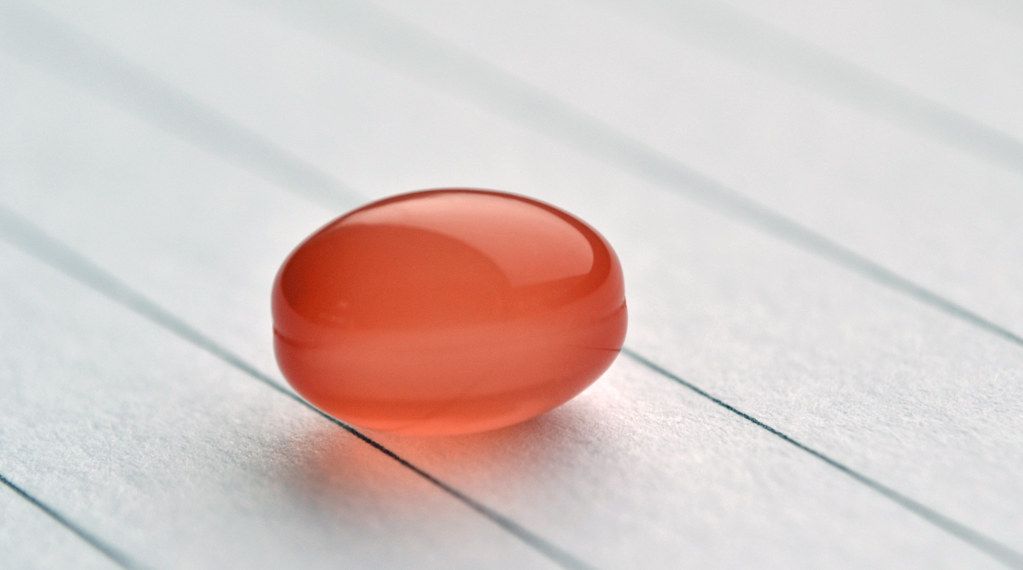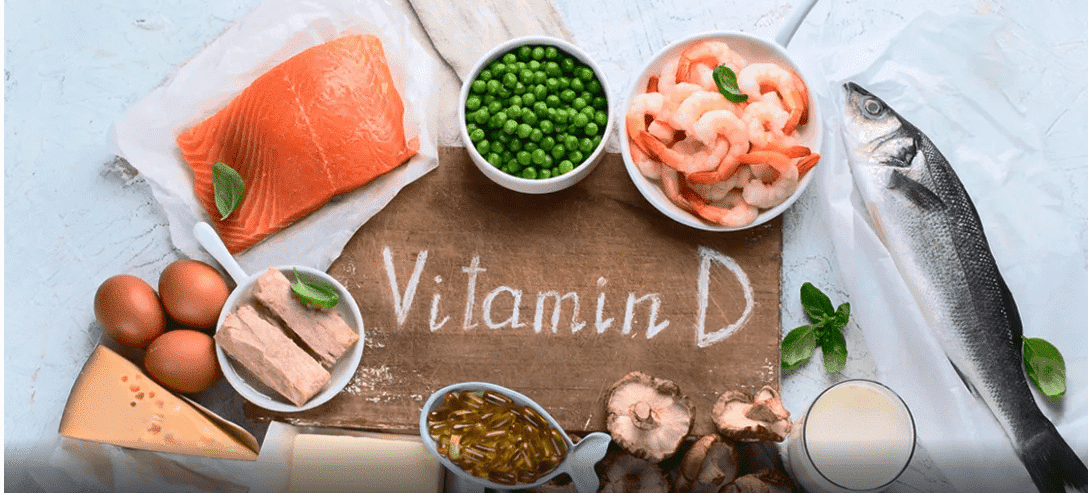Looking at data from over 12,000 Australians and their diet from a nutrition survey between 2011 and 2012, scientists were able to determine that a lack of vitamin D in food is the major contributor to low levels. They also stated that Australians consume less than half the international recommendation of vitamin D despite plenty of sun, however also noted that exposure to vitamin D from the sun is limited due to risk of skin cancers.
The study said the main risk connected to the deficiency was poor bone health. NewsCop talked to lead researcher and PhD student Eleanor Dunlop from Curtin University about what other risks might be associated with a vitamin D deficiency.
“Almost all of the cells in our body have vitamin D receptors, which suggests that the role of vitamin D may extend beyond bone health,” she said.
“Some studies have shown that vitamin D deficiency may be associated with cardiovascular health, type 2 diabetes, all-cause mortality and potentially other health outcomes.”

“Vitamin D is fat-soluble and can be stored away in fat cells, where it’s not circulating and readily available for use,” she said.
“This may be why deficiency, which is defined based on circulating concentrations of vitamin D, is more prevalent in obese people.”
From this study Curtin University put forward new data on the vitamin D content of foods for inclusion in the Australian Food Composition Database. Senior author Associate Professor Lucinda Black suggested ways in which people can increase their intake.
“It can be difficult to consume enough vitamin D as few foods are rich in vitamin D,” she said.
“Oily fish is the best food source of vitamin D, with two serves a week recommended. Other foods such as eggs and meat contain small amounts, but we don’t find vitamin D in fruits, vegetables or grain-based products, like bread or rice.”






